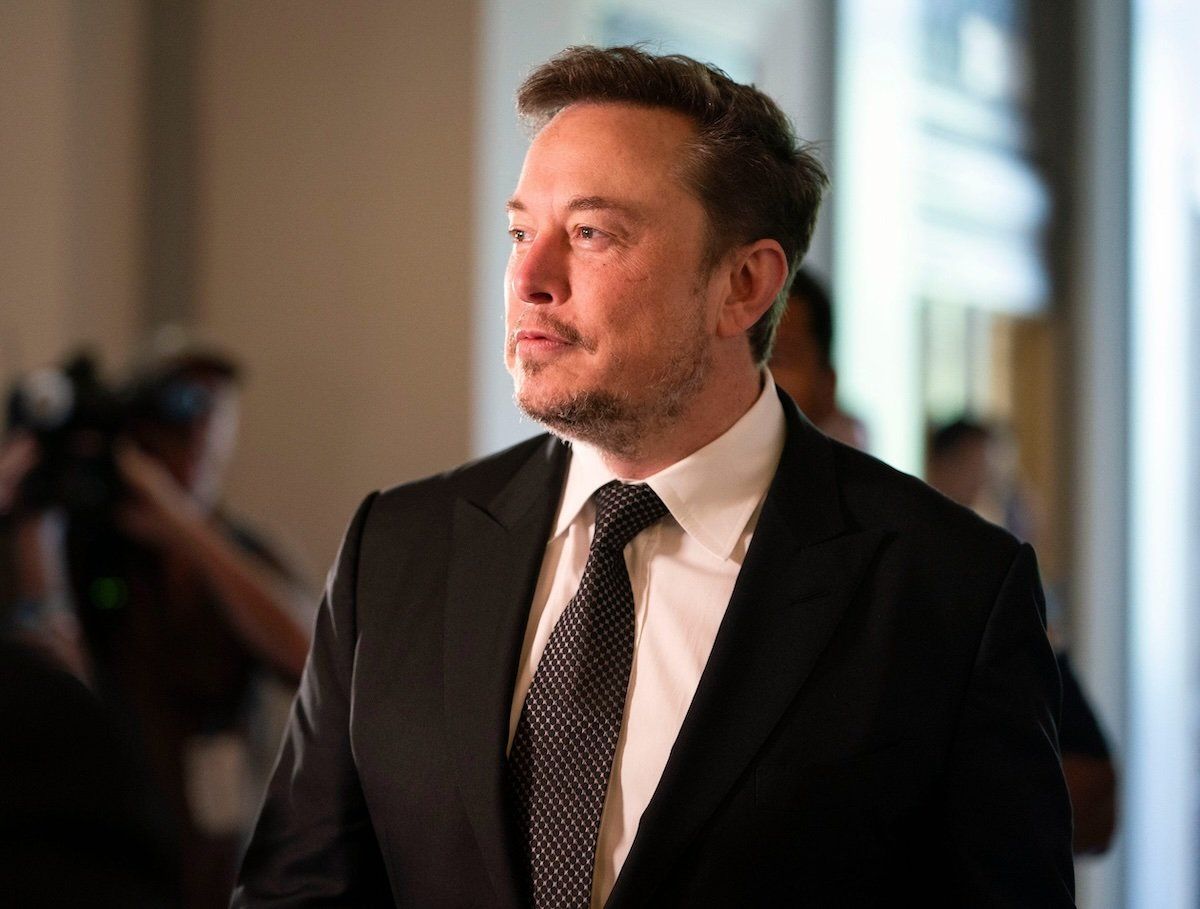October 31, 2024
When Elon Musk acquired X (formerly Twitter), he pledged to rid it of bots, or fake accounts that tend to serve as trolls and conduits for misinformation. “We will defeat the spam bots or die trying,” Musk tweeted in 2022, a few months before he officially bought the social media platform.
But a new analysis by Cyabra, in partnership with GZERO, found that roughly 20% of the accounts interacting with election-related tweets from Musk were, in fact, bots.
Cyabra analyzed five notable Musk posts that pertained to issues like the endorsement and competence of the two presidential candidates, concerns over free speech under a potential Harris administration, and immigration policies. It found that “bot-driven accounts dominated much of the conversation, with their sentiment and content suggesting an agenda to influence public perception and even hinting at potential coordinated activity among bot communities.”
These inauthentic accounts “were responsible for driving a disproportionately large share of the engagement and traffic.”
In two additional posts analyzed, ones in which Musk firmly positioned himself against the Harris-Walz ticket, 40% of the activity was driven by inauthentic accounts. “A closer examination of the engagement revealed coordinated activity between these inauthentic accounts, with two distinct bot clusters working in tandem to amplify traffic and drive engagement,” Cyabra’s report said.
While Musk often laments the spread of disinformation in the digital era in which we live, he frequently spreads it himself to hundreds of millions of followers — and the site he owns continues to be at the heart of the problem.
More For You
- YouTube
On GZERO World, IMF chief Kristalina Georgieva explains to Ian Bremmer why the global economy—and even the eurozone—is proving more resilient than expected.
Most Popular
- YouTube
At the 2026 World Economic Forum in Davos, GZERO’s Tony Maciulis spoke with Ariel Ekblaw, Founder of the Aurelia Institute, about how scaling up infrastructure in space could unlock transformative breakthroughs on Earth.
- YouTube
Who decides the boundaries for artificial intelligence, and how do governments ensure public trust? Speaking at the 2026 World Economic Forum in Davos, Arancha González Laya, Dean of the Paris School of International Affairs and former Foreign Minister of Spain, emphasized the importance of clear regulations to maintain trust in technology.
- YouTube
Will AI change the balance of power in the world? At the 2026 World Economic Forum in Davos, Ian Bremmer addresses how artificial intelligence could redefine global politics, human behavior, and societal stability.
© 2025 GZERO Media. All Rights Reserved | A Eurasia Group media company.
